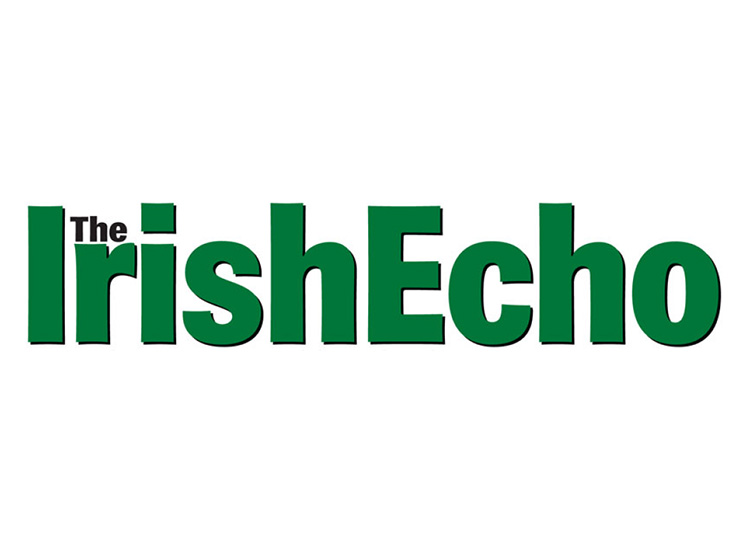The problem with a government trying to impose economic and/or social policy, at least in a democracy, is not infrequently politics cutting across and/or into the process.
So for a government to steer a country in the economic and social direction that it believes is best, it is necessary to have a stable political underpinning.
That comes, most recognizably, in the form of a solid majority in a parliamentary system; but it also is reflected in the confidence that voters have in their government, and how this is reflected as the government proceeds with its work.
We're talking about public opinion here of course. It is an essential part of political life in a democracy. Right now, public opinion in Ireland, as reflected in a new opinion poll, seems to be shifting, with the political ground under the feet of the Fine Gael/Labour coalition government looking a good deal shakier than it has been at any time since the general election a little over a year ago.
The poll, carried out by the Irish Times and the Marketing Research Bureau of Ireland, has revealed what the Irish Times described as a sharp decline in the government's satisfaction rating as a well as a significant drop in support for both Fine Gael and Labour.
Satisfaction with the government, the paper reported, dropped 14 points to 23 percent since the last poll in October, while support for Fine Gael slipped three points to 33 percent.
The Labour Party, again according to the report, has been particularly hard hit, seeing its support plummet six points to 13 percent while Sinn Féin has risen to 21 percent (up six points), its highest rating ever in an Irish Times poll.
In fairness to Taoiseach Enda Kenny, he did not simply dismiss the poll but acknowledged that its findings were due to the hard decisions that the government he leads has had to make since coming into office. "I acknowledge of course that people have difficulties in adjusting to changes that have to be made," he said.
Again in fairness, tough decisions were lining up to be made when Kenny and his colleagues stepped into the breach.
But just as too much of a good thing can be bad for you, so too can too much of the kind of economic medicine that has been prescribed for the ailing Irish economy over the past couple of years, by both the current government, and its predecessor.
Austerity is the medicine of the moment and the citizens of the republic have been having to swallow large doses of it. Problem is, thus far, there has been no sign of a cure and the cure itself, this poll would suggest, is viewed as being no better than the illness, indeed worse.
A couple of hundred years ago a physician's medicine chest would contain many different kinds of potions and mixtures, most of them either useless or downright dangerous.
A luckless patient in, say, 1812, might end op being dosed with the likes of mercury, or arsenic, and might end up with a "cure" that was far worse than the original ailment.
And so the body would rebel against the cure. In a political sense, that's what Irish voters seem to be doing now. And it's not just Irish voters. We have seen clear signs of political change in the face of economic stress right across Europe, both within the eurozone and without.
The Dutch government tendered its resignation this week. French president Sarkozy is facing an uphill battle to retain office. His political ground is shifting and this of course raises questions with regard to the implementation of future economic policy, not just in France, but across Europe, Ireland included.
Of course, it's not a good thing that governments pander to curry favor. Governments are in the business of making tough decisions, or at least they should be.
But there is a difference between an adroit administration of bitter economic medicine, and a clumsy one. Perhaps Irish voters agree that Mr. Kenny and his government are doing the right thing, but not getting the dose right.
Either way, the poll is fresh impetus to the overarching economic argument over how to deal with a depressed economy - that is whether to drive hard down the road of fiscal rectitude, or hard up the hill, pumping the economy up with a kind of New Deal-like stimulus.
Ireland, as it was during the Celtic Tiger boom years, has again become a battleground for conflicting economic theory. Meanwhile, signals are being sent by an increasingly stressed out electorate and Mr. Kenny and his colleagues would do well to consider and absorb them, especially in the light of the upcoming referendum on the eurozone fiscal compact.








